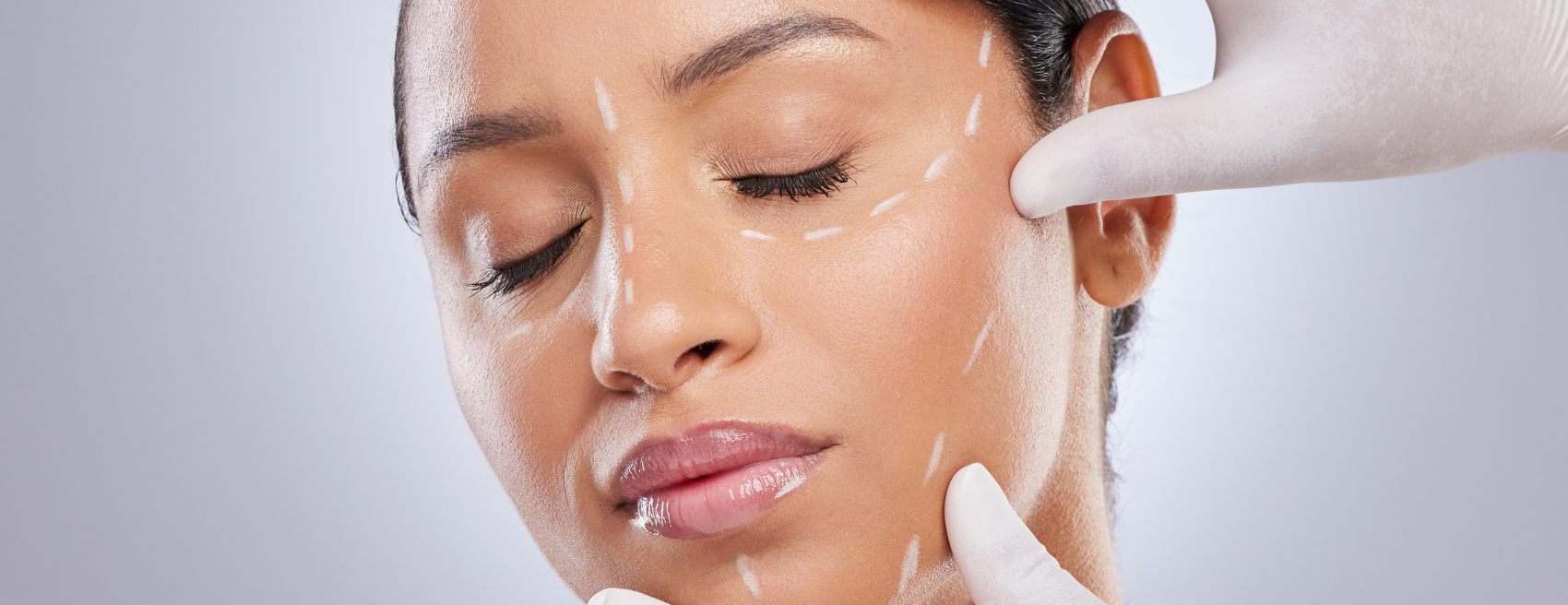
How to Prepare for a Facelift: Complete Guide Before Your Surgery
Preparation is key to a successful face-lift. This blog explains what steps to take before surgery: from medical exams and habit adjustments, to pre-operative care that optimizes recovery and guarantees safe and natural results.
Decide to undergo a facelifting is an important step towards a fresher, more harmonious and secure appearance. This procedure can smooth wrinkles, lift sagging skin and redefine the contour of the face. Preparing properly for a facelift ensures safer surgery and more natural, long-lasting results.
Preparation encompasses both medical and emotional aspects. Before the procedure, it is essential to perform a full evaluation, adjust lifestyle habits and plan for recovery. Following the surgeon's instructions and preparing the home for the first few days of rest contribute to a more comfortable and safe experience.
You may also be interested to know about What is the best age to undergo a facelift.
Medical consultation and evaluation
The first step is to perform a medical exam with a certified plastic surgeon. In the consultation, general health, medical history and aesthetic expectations are analyzed to define the most appropriate technique according to the facial structure and the patient's objectives.
The importance of choosing an experienced surgeon
Select a certified plastic surgeon specializing in facial rejuvenation is essential to ensure natural and safe results. Dr. Jesús Richer Peña, for example, performs each procedure with an artistic and holistic vision, ensuring that all facial features maintain harmony and balance. His approach seeks to restore youth without altering the patient's identity.
During the consultation, it is recommended to review previous cases, verify professional certification and clarify all doubts about the process. In accordance with the American Society of Plastic Surgeons, this step is key to establishing trust and defining a realistic surgical plan.
Medical evaluation and background
Before surgery, the specialist may request additional blood tests or studies based on the patient's history. Allergies, previous surgeries, and current medical treatments should also be reported. It is important to report if you smoke, as smoking affects healing and increases the risk of complications.
Definition of the surgical plan
The surgeon will analyze the areas of the face that require attention, explaining the ideal technique—whether it's a mini lift, a full lift or a Deep Plane Facelift, such as the one performed by Dr. Richer—. This type of surgery addresses deeper layers of facial tissue for longer lasting and natural results.
Preoperative preparation
Proper preparation before a facelift can make all the difference in recovery and final results. It includes medical adjustments, skin care, and lifestyle changes.
Adjusting medications and supplements
The surgeon will review the medications and supplements the patient is taking. It is essential to avoid products such as aspirin, anti-inflammatory drugs or anticoagulants, as well as natural supplements that may alter coagulation. These adjustments must be made under medical supervision.
Skin care before surgery
Keeping your skin clean, hydrated and protected from the sun is key. It is recommended to avoid aggressive peels or retinoid treatments before the procedure. A routine with antioxidants such as vitamin C or hyaluronic acid can improve elasticity and promote subsequent healing. Learn more about The recovery phases after a face-lift.
Healthy lifestyle
Quitting smoking at least four weeks before surgery, sleeping well, staying hydrated and reducing alcohol consumption are habits that improve recovery. It is also advisable to prepare the home for the first days of rest, ensuring a clean, quiet and stress-free environment.
The day of surgery and preparations at home
Organizing the day of surgery in advance reduces stress and improves the experience. It is recommended to wear comfortable clothing that opens at the front, avoid makeup and remove jewelry or metal accessories. In addition, having a trusted person for transportation and post-operative support is essential.
At home, it is suggested to provide a sleeping space with good ventilation, pillows to keep your head elevated and medications within reach. These measures, in addition to facilitating physical recovery, contribute to a more relaxed emotional environment.
Mental and emotional preparation
Cosmetic surgery also requires emotional balance. Maintaining realistic expectations and understanding that the recovery process takes time helps reduce anxiety. Each face heals at its own pace, and the final result is gradually appreciated.
Practicing relaxation techniques, listening to music or reading can help you stay calm. Dr. Richer often emphasizes that the patient's serenity directly influences the success of the procedure: surgery not only transforms the face, but also the way a person perceives himself.
FAQs
How long before should I start preparing for my facelift?
It is recommended to start preparations four to six weeks before surgery. This time allows us to adjust habits, perform medical tests and ensure skin in optimal condition.
What care is essential before the procedure?
Avoid smoking, alcohol, and medications that alter clotting. Maintain a balanced diet, rest properly and follow all medical instructions. You can also check this recovery guide for more tips.
When will I see the final results?
Swelling and bruising decrease in the first few weeks, but definitive results are usually seen after three or four months. With proper care, the effects can last up to 10 or 15 years, especially with advanced techniques such as Deep Plane Facelift.
